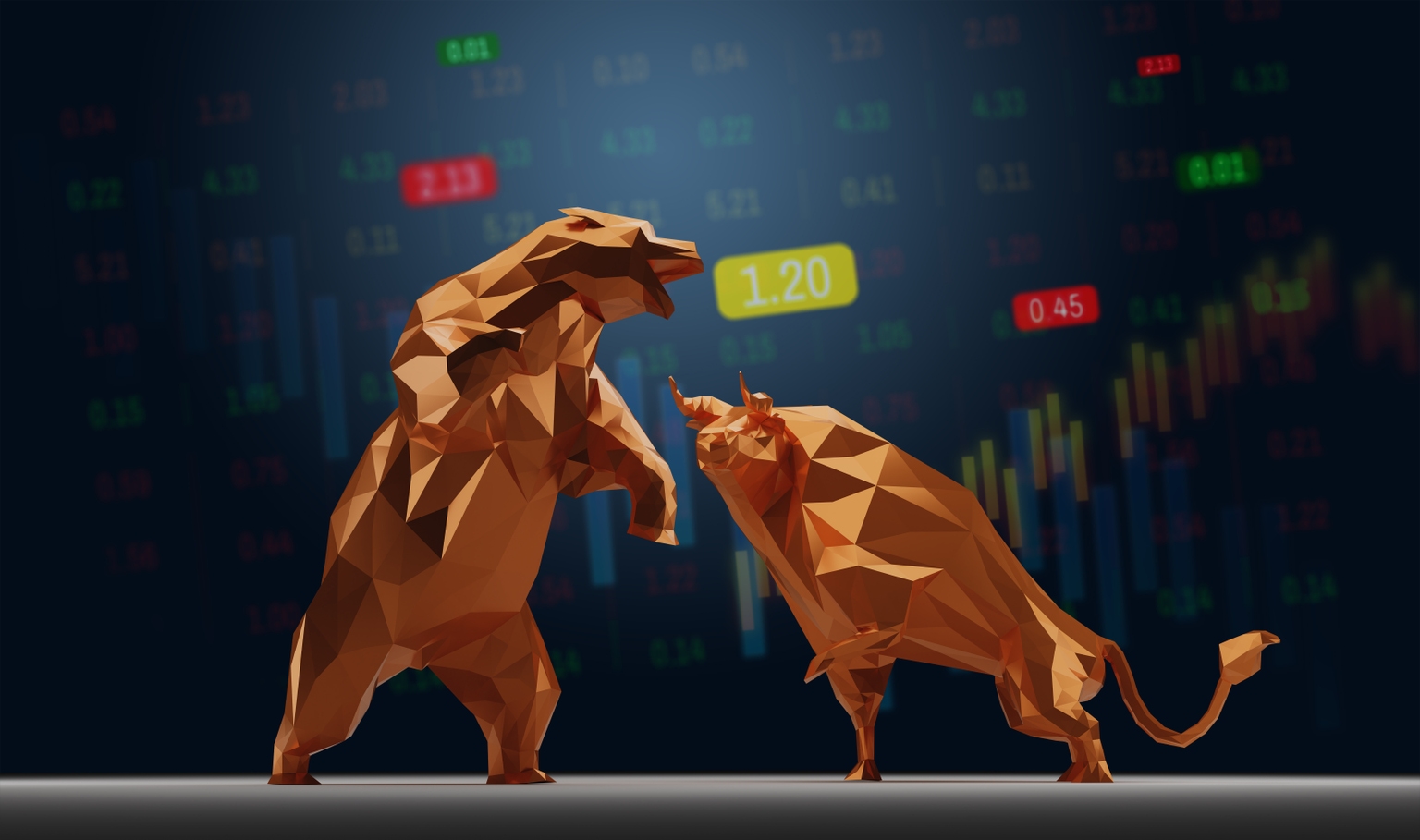The stock market has always had its fair share of extra volatile periods. Sometimes, it works in investors’ favor because it allows them to grab great stocks at a discount. Other times, these wild swings can cause poor decision-making that sets investors back.
Since President Donald Trump announced his new tariff plan on April 2 (and its subsequent changes), the stock market has been experiencing a bit of both. From April 2 to April 8, all major indexes dropped significantly, and in a turn of events, all three rose sharply in one of the largest one-day gains the stock market has experienced on April 9.
When there’s a lot of uncertainty in the market and economy, investors like to turn to Warren Buffett for guidance. His words and actions have stood the test of time and offered ways for investors to navigate difficult periods. And given the current situation, one piece of advice from Buffett comes to mind: You really shouldn’t own stocks if you’re not prepared to see them drop 50%.
The point Buffett is making with his advice
At first glance, the quote seems to tell people to embrace losing money when investing in stocks. And although that’s a very real possibility, considering gains aren’t guaranteed, that’s not the main point Buffett was trying to make.
His main point was that the stock market is known for wild swings, both up and down, and if you’re investing for the long term (which he encourages), you should prepare for periods when your stocks are plummeting. Sharp stock price declines happen to virtually all businesses, regardless of how sound they are.
Meta Platforms‘ stock dropped over 75% between September 2021 and November 2022; Amazon‘s fell 94% between December 1999 and September 2001; JPMorgan Chase‘s stock fell over 60% between March 2000 and October 2002; and even Buffett’s Berkshire Hathaway lost around 50% of its value during the Great Recession.
Sometimes, these sharp declines have little or nothing to do with the actual business but happen because of broader conditions outside their control. That’s why investors should brace for the unexpected.
The market may be down, but it’s never been out
Investing for the short term can be stressful because daily, weekly, or even monthly swings can have a real impact on your gains or losses. However, if you’re a long-term investor, you have the luxury of ignoring much of the daily noise of the stock market because it’s not as relevant to your end goals.
There have been plenty of times when the market has been down, yet every time it has managed to bounce back long-term. The S&P 500 has experienced 10 bear markets since the modern version was created. Yet it has been one of the most reliable long-term investments anyone can make.
Below are the S&P 500’s last five bear markets and how much it has gained since:
| Peak Date | Trough Date | Percent Loss | Percentage Gain Since Trough |
|---|---|---|---|
| Jan. 3, 2022 | Oct. 12, 2022 | (25.4%) | 47% |
| Feb. 19, 2020 | March 23, 2020 | (33.9%) | 136% |
| Oct. 9, 2007 | March 9, 2009 | (56.8%) | 679% |
| March 24, 2000 | Oct. 9, 2002 | (49.1%) | 578% |
| Aug. 25, 1987 | Dec. 4, 1987 | (33.5%) | 2,253% |
Data source: YCharts. Percentage gains based on S&P 500’s closing level on April 10 and are rounded to the nearest whole number.
You never want to panic-sell during market drops because it often does more harm than good in the long run. It’s much easier said than done, but Buffett’s advice about being prepared for your stocks to plummet should make it easier to keep a long-term mindset. It has happened before, and if you invest long enough, it’s likely to happen again.
JPMorgan Chase is an advertising partner of Motley Fool Money. John Mackey, former CEO of Whole Foods Market, an Amazon subsidiary, is a member of The Motley Fool’s board of directors. Randi Zuckerberg, a former director of market development and spokeswoman for Facebook and sister to Meta Platforms CEO Mark Zuckerberg, is a member of The Motley Fool’s board of directors. Stefon Walters has no position in any of the stocks mentioned. The Motley Fool has positions in and recommends Amazon, Berkshire Hathaway, JPMorgan Chase, and Meta Platforms. The Motley Fool has a disclosure policy.


